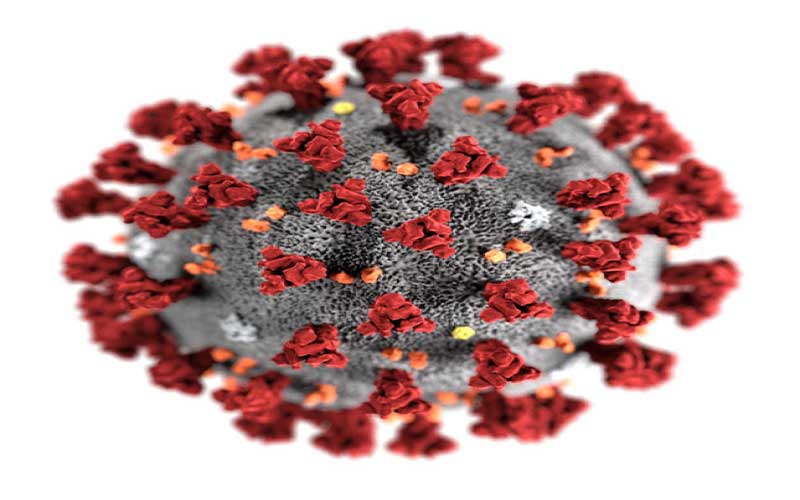The government took a huge tax hit between April and June as bars and other entertainment venues were shut to contain the spread of the coronavirus disease. Data from the Treasury shows the taxman lost Sh16.8 billion in excise taxes, commonly referred to as sin taxes as they are levied on products like beer, cigarettes and spirits. As Covid-19 ravaged the country, the government was forced to curtail Kenya’s vibrant entertainment scene, a catalyst for the consumption of alcoholic drinks and smoking. And it cost State coffers. Further, the move to waive fees on mobile banking denied the government another critical source of excise taxes. The latest data from the Treasury shows that in the fourth quarter of the 2019-20 financial year, the Exchequer received Sh35.7 billion in excise duty, a drop from Sh52.5 billion collected over a similar period last year. The consumption of alcohol was impacted negatively by social distancing rules, as well as restrictions on social gatherings, such as weddings and parties. KRA noted that domestic excise duty recorded a decline of 6.4 per cent in the financial year that ended in June, a dip from an average growth of 4.3 per cent recorded between July last year and this February. “This performance is mainly attributed to the effects of the Covid-19 pandemic, which contributed to the decline of production of excisable products like cigarettes, spirits, keg beer and non-keg beer,” the taxman said in a statement. Alcohol sold The pandemic also resulted in mass layoffs, which had a detrimental effect on how much beer was consumed. For instance, the volume of alcohol sold by East African Breweries Ltd (EABL) went down by almost 30 per cent in the second half of the its 2019-20 financial calendar. EABL, the region’s largest brewer that is majority owned by UK-based Diageo, made a net profit of Sh7 billion in the 12 months to June this year, compared to Sh11.5 billion in profit the previous financial year. Its storerooms bulged with unsold stock worth Sh11 billion. “Across the markets, we have tracked changes in consumer behaviour and repurposed our execution plans in trade to continue serving our consumers,” said EABL Group Chief Executive Andrew Cowan. The brewer said it had partnered with logistics and e-commerce firms to survive the Covid-19 scourge. Other major alcoholic manufacturers include Naivasha-based Keroche, which was forced to lay off workers as business got tough. […]
Covid wipes out Sh17 billion in sin tax
